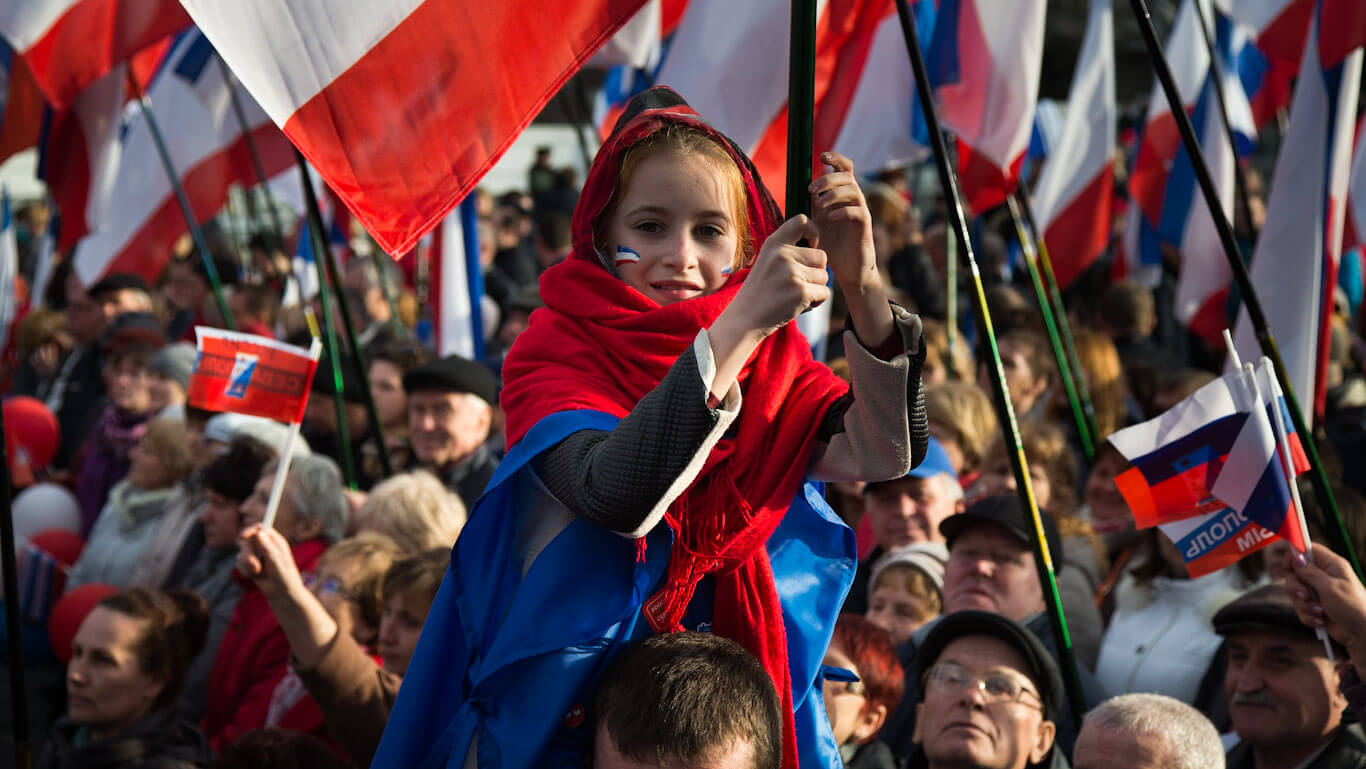The language you use gives away your conclusion before you even finish your sentence. I don't agree with Putin's initial decision to try to force Russians into calling his incursion into Ukraine as a "special military operation", but I -do- understand why he felt that language was important. The fact of the matter is that Russia would have never have felt the need to make any incursions into Ukraine had it not been for the very real western aggression that had been transpiring for decades prior to February 24, 2022, most notably the eastern expansion of NATO past Germany's borders.
American Professor John Mearsheimer predicted that Ukraine would get wrecked if it kept the United States' suggest path of joining NATO almost a decade before it came to pass. Business Today wrote a good article on this back in March which can be seen here:
In this video, Mearsheimer can be heard making some startling predictions about Ukraine riding high on the backing of the US and other Western powers.

www.businesstoday.in
Now, there's no going back in time, but what -can- be done is for the western world to recognize that if you poke a bear sufficiently, he will respond in kind.
While Crimea was transferred to Ukraine by the Supreme Soviet back in the 50s, Crimeans themselves were certainly never given a say and it's been patently clear that ever since Ukraine's independence in 1991, they'd been trying to regain the close ties that they'd enjoyed during the Soviet Union. From Wikipedia:
**
With the
dissolution of the Soviet Union and
Ukrainian independence the majority
ethnic Russian Crimean peninsula was reorganized as the
Republic of Crimea, after a
1991 referendum with the Crimean authorities pushing for more independence from Ukraine and closer links with Russia.
In 1992 the Supreme Council of Crimea affirmed the peninsula's "sovereignty" as a part of Ukraine. The Crimean parliament proclaimed self-government on 5 May 1992 and passed the
first Crimean constitution together with a declaration of conditional independence on the same day. There was stiff resistance from Ukraine and a day later, on 6 May, the same parliament inserted a new sentence into this constitution that declared that Crimea was part of Ukraine. A referendum to confirm the decision was not held
until 1994 due to the opposition from the
Kyiv government.
The Crimean parliament voted to bring in a
President in 1993, which the Kyiv government denounced as unconstitutional. In 1994 Crimea
elected the pro-Russian and anti-establishment
Yuriy Meshkov. The pro-Russian parties also won the parliamentary election that year. However the president quickly alienated the parliament by asserting strong presidential powers.
In 1995 the
Ukrainian Parliament intervened in the political crisis in Crimea, scrapping the Crimean Constitution, removing the president and scrapping the office of President. Almost 4,000 Ukrainian soldiers and police officers were sent to Crimea. Meshkov was removed from power after
Ukrainian special forces had entered his residence, disarmed his bodyguards and put him on a plane to
Moscow. Meshkov was replaced by Kyiv-appointed
Anatoliy Franchuk, with the intent to rein in Crimean aspirations of autonomy.
**
Kyiv never did fully rein in Crimeans aspirations of autonomy or perhaps better put, Crimean aspirations of having closer ties to Russia. This finally came to a head after Euromaidan, where Crimeans decided to have a referendum on whether or not they should rejoin Russia. I know of only a single article from a western journalist who actually -went- to Crimea after it was annexed to Russia, that of Canadian American Eva Bartlett. What she found out while talking to Crimeans flies in the face of the western mainstream media reporting of the event. Her article can be seen here:
Eva Bartlett traveled to Crimea to see how people have fared since their country reunited with Russia and what the referendum was really like

www.mintpressnews.com





